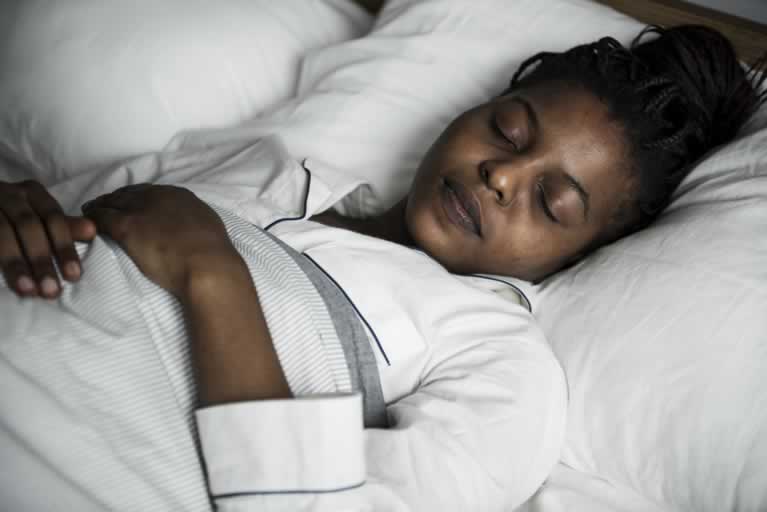
What Happens in Your Body and Brain While You Sleep?
What do we do while we sleep? Most of us have been awakened by someone snoring, kicking, or tossing and turning in their sleep. We all know that we dream during sleep. But what else goes on in your body and brain while you sleep? Are they shut off too?
What happens in your body while you sleep?
While your body does stay still for the most part and experiences a temporary state of paralysis, when sleeping your body is anything but turned off. Here is a list of things your body does while you sleep:
- Muscle repair: Your body increases blood flow to your muscles and repairs muscle and joint damage from the day’s normal wear and tear.
- The Release of Hormones: The amount of hormones released through your body dramatically increases to regulate growth, make repairs, and control appetite. For this reason, sleep is essential for growth and development, especially in children.
- Breathing: After all the fluctuation in breathing during the day, your body slows and regulates its breathing.
- Temperature: Your body temperature drops. This is why it’s best to sleep in a cool environment and why your sleep gets disrupted in a hot room.
- Heart: Your heart takes a break, and both lowers its heart rate and blood pressure.
What happens in your brain while you sleep?
The brain is in charge of dreams while you sleep, but does it do anything else? It doesn’t just take it easy and dream the night away. Your brain is also in charge of:
- Memory Consolidation: Sleep is very important for memory retention and learning. During non-REM deep sleep, your brain processes all the information learned that day and stores it into memory. Interrupted or shortened deep sleep will prevent you from remembering what you learned that day and affect your long-term memory down the road.
- Brain Cleaning: Your brain uses time spent sleeping for cleaning. Spinal fluid is pumped more quickly throughout the brain clearing away all the waste created by brain cells, leaving you refreshed and alert in the morning. Shortened or interrupted sleep results in that groggy, bogged down, and distracted state of mind.
These restorative processes mainly take place during deep sleep. Skimping on sleep shortens the amount of time your body has to repair itself while you’re in the deep sleep stage. However, if you are giving yourself enough time to sleep at night, but still waking up with the signs and symptoms of sleep deprivation, you may be suffering from obstructive sleep apnea. Preventing yourself from a good night’s sleep, and most importantly the deep sleep stage of non-REM sleep makes you subject to many health issues including hypertension, weight gain, diabetes, a weakened immune system, and heart disease. What happens in your body and brain while you sleep are critical functions – make sure you’re getting enough sleep every night to ensure they are being fully performed.
At Vitalistics we provide you with the convenience of taking a home sleep test capable of diagnosing obstructive sleep apnea. You can enjoy a home sleep test in the comfort of your own home. We mail the Home Sleep Test to your front door- with easy-to-follow instructions- and the guarantee of rapid, reliable results. Get the sleep you need and take the first step to living a healthier, energized, and productive life. Arrange a visit with your physician today and conduct your home-based diagnostic testing with Vitalistics.
